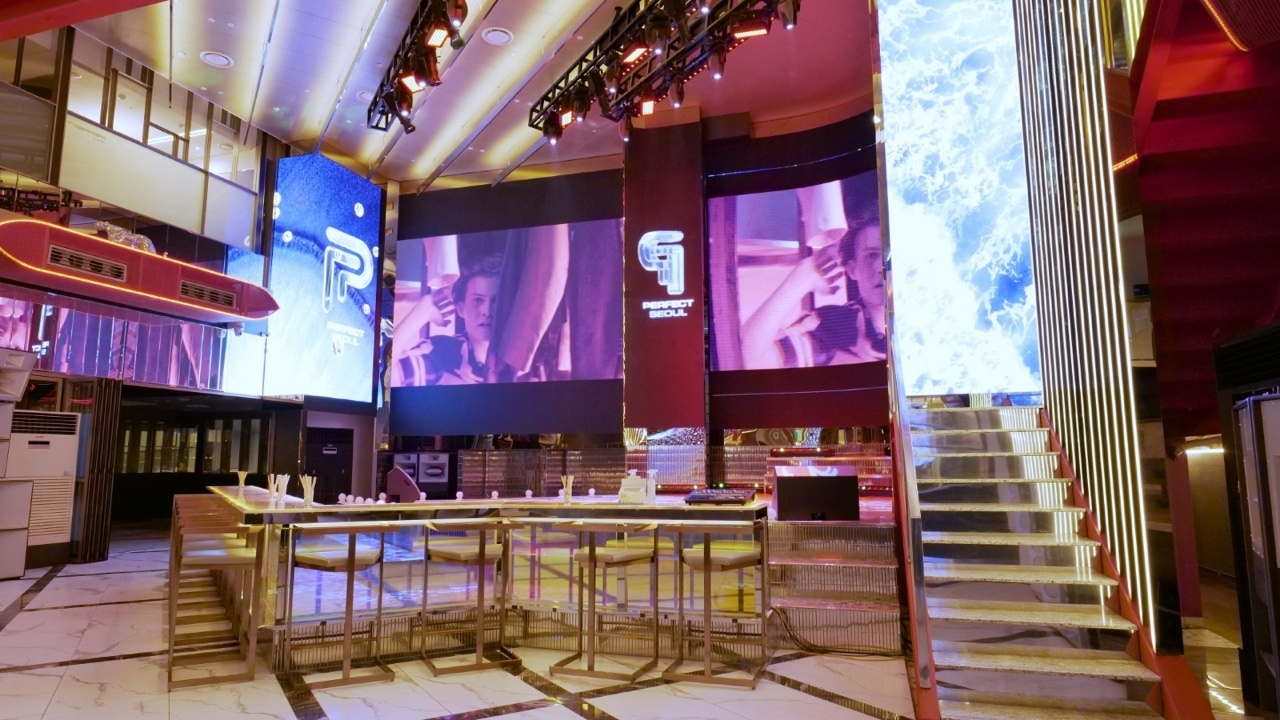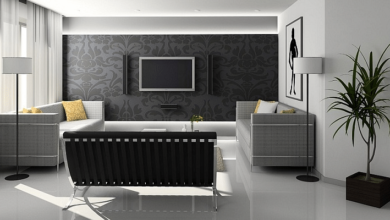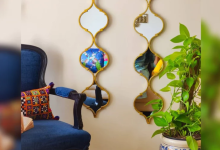Beyond the Velvet Curtain: Secrets of 강남가라오케 VIP Rooms Revealed

To the casual observer, a karaoke bar is just a place for music and drinks. But in the upscale alleys of Seoul’s 강남 district, 강남가라오케 represents something far more exclusive, refined, and mysterious. At the heart of this world are the elusive VIP rooms — ultra-private lounges where only Korea’s most powerful and wealthy individuals are invited to sit, sing, and seal relationships behind closed doors.
This article takes you behind the velvet curtain, exploring what makes these 강남가라오케 VIP rooms a magnet for CEOs, celebrities, politicians, and foreign dignitaries, and why they remain one of South Korea’s most guarded subcultures.
1. What Defines a VIP Room in 강남가라오케?
A VIP room isn’t simply a larger karaoke room — it’s an experience curated for maximum comfort, confidentiality, and prestige.
Signature Features:
-
Private elevator or side entrance
-
Triple sound insulation for total discretion
-
Custom décor based on guest profile or theme
-
Dedicated staff assigned only to your group
-
Non-visible surveillance (for safety, not monitoring)
-
Premium karaoke sound system, often tuned to each guest’s vocal style
These spaces are designed not to impress, but to make powerful people feel untouchably at home.
2. Who Gets Access — And How?
VIP access in 강남가라오케 is earned, not purchased.
Typical Entry Pathways:
| Access Route | Requirement |
|---|---|
| Referral by a top-tier client | Proven loyalty and spending history |
| Corporate reservation via executive concierge | Verified rank and business reputation |
| Long-term personal relationship with the madam | Emotional trust, not just financial trust |
| Celebrity-level fame | Often welcomed to elevate venue prestige |
No walk-ins. No random bookings. You must be invited — and even then, entry is at the manager’s discretion.
3. The Entrance Ritual: It Begins with Silence
Walking into a 강남가라오케 VIP room is a ritual of respect.
What Happens:
-
A hostess opens the door with a formal bow.
-
The madam personally greets the most senior guest.
-
Staff silently places drinks, towels, and appetizers.
-
Music does not begin until the guest gives permission.
-
No one takes photos — devices are discouraged or secured.
💡 The room adapts to your rhythm, not the other way around. Time slows. Eyes lower. The room listens.
4. Customization: The Guest Is the Centerpiece
VIP rooms are often custom-designed for their best clients.
| Element | Personalization Options |
|---|---|
| Lighting | Adjustable for mood, skin tone, or emotional state |
| Room theme | Classic Korean, neo-lounge, Japanese fusion, or modern |
| Scent | Selected essential oils or luxury candles |
| Drinks | Rare liquors stored on-site for recurring guests |
| Playlist | Curated by previous performance data or emotional profile |
Some clients even have “legacy rooms” — spaces designed specifically for them that no other guest can use.
5. The Unspoken Rules of the VIP Space
Inside these rooms, power dynamics are subtle and sacred.
Golden Etiquette:
-
The most senior guest selects the first song or passes the privilege.
-
Staff will not speak unless spoken to.
-
Hostesses enter quietly, greet with a bow, and sit where instructed.
-
No loud laughter, bragging, or over-acting — this is a sanctuary, not a stage.
-
If business is discussed, staff withdraw silently to allow full discretion.
🙅 Breaking any of these rules doesn’t just ruin the night — it risks your future access.
6. Emotional Depth Over Entertainment
Unlike the rowdier public rooms, VIP experiences are emotionally intimate.
-
A CEO sings a childhood ballad — and cries for the first time in years.
-
Two rivals toast over a duet, softening years of tension.
-
A young heir sings a heartbreak song, and the room offers quiet support.
-
Hostesses respond not with flirtation, but with empathy.
These rooms are not about performance — they are about emotional truth. The mic becomes a mirror, and the room becomes a confessional.
7. Hostess Roles in VIP Settings
In these rooms, hostesses function as:
-
Emotional stewards
-
Silent observers of social hierarchy
-
Personal memory keepers
-
Mood moderators
-
Gentle conversation facilitators
They know not just what their guests drink — but when to speak, when to sing, and when to simply listen.
Some VIP hostesses even receive:
-
Private etiquette and psychology training
-
Language lessons for international clients
-
Voice coaching, to match elite guests’ musical styles
They’re not companions. They’re curators of experience.
8. Privacy = Power
강남가라오케 VIP rooms are often where:
-
Multi-million dollar deals are sealed
-
Media scandals are soothed
-
Political alliances are formed
-
Celebrity crises are cooled
-
Romantic decisions are made or unmade
Every staff member is trained in NDAs and discretion. In fact, many top rooms have zero CCTV in the room itself, offering the guest true unmonitored space — something that’s priceless to the ultra-rich.
9. The Power of Silence
Silence in a VIP room isn’t awkward. It’s intentional.
-
A powerful guest may simply sit for 20 minutes — no talking, no music.
-
The room holds the silence like a secret.
-
When a song begins, it’s not entertainment — it’s a release.
-
The first words spoken carry weight, not noise.
In 강남가라오케 VIP culture, restraint is louder than performance.
10. When Foreigners Are Invited
Foreign dignitaries, investors, or celebrities may occasionally be invited into VIP rooms.
Tips for non-Koreans:
-
Do not try to “blend in” — let the room come to you.
-
Accept cultural customs (pouring drinks, waiting for the host to speak).
-
Avoid sensitive topics (history, politics, business critiques).
-
Show quiet respect, not curiosity.
-
Compliment the space or music, not the women.
💡 Being invited as a foreigner is not just hospitality — it’s a test of global etiquette. Pass it, and doors open everywhere.
11. VIP Lounges vs. Private Suites: Know the Difference
| Feature | VIP Lounge | Private Suite |
|---|---|---|
| Size | Large, for 6–10 elite guests | Often for 1–3 top clients |
| Staff Presence | Always visible but silent | In-room or waiting outside |
| Tech | Full control panel for lights/music | Custom iPad or AI-integrated system |
| Mood | Social elegance | Intimate sanctuary |
| Cost | ₩2M–₩10M+ per night | ₩5M–₩20M+ with exclusives |
12. The Exit Strategy: Ending With Grace
VIP guests don’t simply “leave” — they conclude the night.
-
The room dims slightly 15 minutes before planned exit
-
Staff silently preps gifts, receipts, and farewells
-
A short toast or final song marks the emotional close
-
Upon exit, the guest is escorted personally by the madam or manager
-
A handwritten thank-you card or gift may be sent later that week
💌 Your exit is your legacy. Leave the room better than you found it, and the invitation will return.
Final Thoughts: Where Prestige Meets Peace
강남가라오케 VIP rooms are not just karaoke lounges — they are emotional temples for Korea’s elite. They are where:
-
Decisions are made without meetings
-
Tears fall without judgment
-
Deals form without contracts
-
Songs replace speeches
To be invited into one is not about money — it’s about trust. And once inside, everything you do — or don’t do — writes your story in the velvet folds of Korea’s most secretive sanctum.








